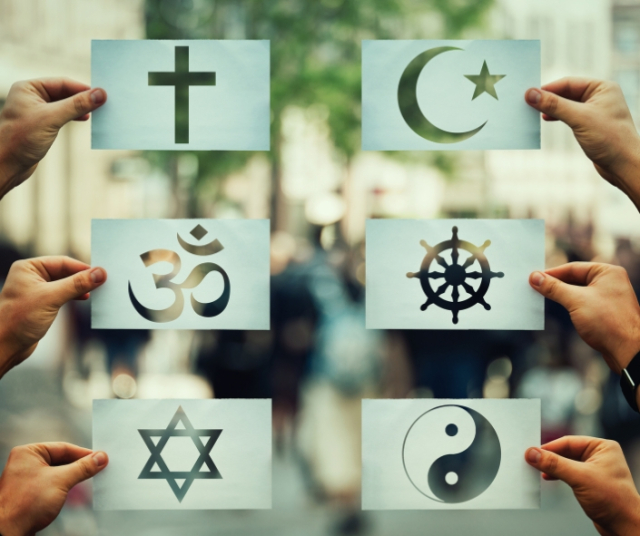Religion has been an integral part of Spanish culture and society for centuries. Spain has been a home to different religions and has experienced a variety of religious changes throughout its history. We are going to deal with the history of religion in Spain, religious changes and religious practices today.
History of religion in Spain
The predominant religion in Spain has been Christianity, specifically the Catholic Church , since Roman times. In the 3rd century AD, the Christian religion began to spread in Spain, but it was not until the 4th century that it became the official religion of the Roman Empire. During the Middle Ages, Spain experienced a mixture of cultures and religions due to the presence of the Jewish and Muslim community in the territory. In 711, the Muslims invaded Spain and established the Caliphate of Córdoba. During this time, the coexistence of different religions and cultures in Spain was relatively peaceful. However, in the 11th century, the Reconquista began and the Christians took control of the Iberian Peninsula.
In 1492, the Catholic Monarchs , Isabella and Ferdinand, expelled the Jews from Spain and, that same year, Christopher Columbus arrived in America on behalf of the Spanish Crown. During the 16th century, Spain became one of the most important and powerful Catholic countries in the world. The Spanish Inquisition was established in 1478 and was used to persecute Jews, Muslims, and other religious groups considered heretics.
In the 19th century, Spain underwent a significant religious change. The French Revolution and the ideas of the Enlightenment led to the suppression of the Catholic Church and the secularization of the State. During the Spanish Civil War (1936-1939), the Catholic Church was persecuted and many of its members were killed. After the war, the Catholic Church recovered its position in Spanish society.
Religious practices today
Today, the majority of the Spanish population identifies as Catholic , although religious practice has declined significantly in recent years. According to a survey by the Center for Sociological Research of Spain (CIS) carried out in 2020, 62.2% of Spaniards identify themselves as Catholic, but only 22.7% attend mass regularly. In addition to Catholicism, there is also a significant presence of other religions in Spain, such as Islam , Judaism , Protestantism , and Hinduism . According to the CIS , 3.3% of the Spanish population is Muslim and 1.2% is Protestant.
Religion in Spain has also been impacted by globalization and immigration . In recent decades, Spain has experienced an increase in immigration from Muslim-majority countries, which has led to an increase in the presence of Islam in Spain. Additionally, immigration from Latin America has also led to an increase in the presence of Evangelical and Pentecostal churches.
Religious practice in Spain is also influenced by local culture and traditions. Religious festivals are an important part of Spanish culture, and many cities and towns celebrate their patron saint festivals with processions and religious events. Holy Week is one of the most important religious celebrations in Spain, especially in Andalusia, where impressive and elaborate processions take place.
Regarding the influence of religion in Spanish politics, the Spanish Constitution of 1978 establishes the separation of Church and State, and recognizes the religious freedom of Spanish citizens. However, the Catholic Church still plays an important role in Spanish society and maintains close relations with the government.
